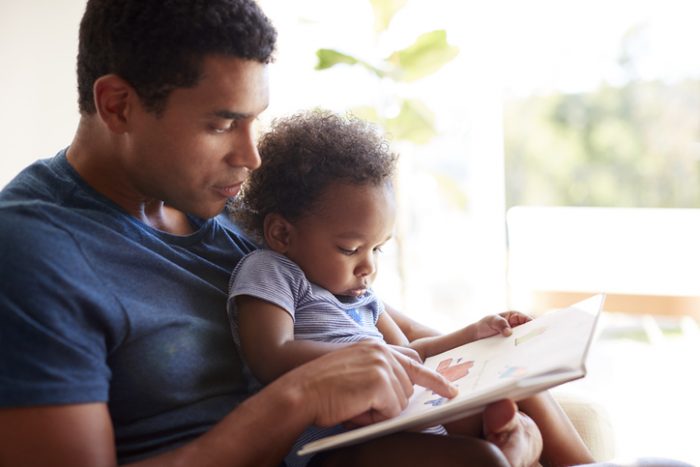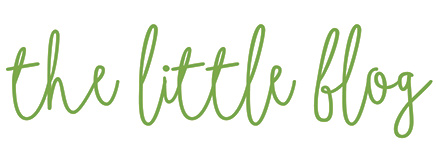
Researchers at Ohio State University have found children who are read five books per day before heading to school have heard a million more words than those who aren’t read to regularly.
Lead author and assistant professor of educational studies Jessica Logan says this is the difference between children being ready to read when they start school and starting from behind.
It’s a deficit Queensland teacher-librarian of the year Megan Daley sees every day. Daley has just released a book Raising Readers about the importance – and the joy – of reading with kids.
« Reading opens doorways for young people, » she says. There is so much anecdotal evidence and academic research on the benefits of reading in terms of academic success in later life.
As importantly, reading contributes to the emotional health of children – allowing them to connect with characters and situations like their own and feel like they are not alone or ‘walk in the shoes’ of others. Reading develops empathy for others and it gives security, guidance and advice in our own lives.
Daley says it’s never too early to start reading to your child.
« Reading should begin at birth, or before, in ensuring that children are exposed to a rich network of words and become accustomed to the rhythm of words and the sound of language, » she says.
« Babies will start to show interest in books earlier than you may think. Shortly after birth, infants respond to sound, often turning in its direction and very soon after they start fine-tuning and focusing their vision. Reading with a loved or trusted adult helps to build strong neural links between reading and times of comfort and love. »
Daley also says when babies are young, it doesn’t matter what you read to them.
Daley agrees with the study that children who aren’t read to are at a disadvantage when they start school. « As a teacher-librarian, I can usually identify the children who have not been read to or have not yet developed a love of story and of books, » she says.
« I know that the single most important way a parent can support their child to reach their academic potential is through regular reading and engagement with words and images throughout the early formative years and beyond. This is the best head start you can give to your children and as educators, we are so grateful for the families who read and support the education process in this way.
In children who have not yet developed a love of story and of books, their vocabulary in both written and oral work in school is often at a much lower level than their reading peers and they are not proficient in ‘self-selecting’ books for recreational reading from the library – they don’t identify as a reader yet.
As for the million-word gap, Daley says the danger is real. « The words in books are more sophisticated, formal and varied, than the words we use in everyday language, » she says. « Obviously it is all-important that parents and educators converse with children regularly throughout the day, but the language of books is complex and exposes young children to a rich vocabulary. For those children who are not read to early and often, vocabulary development will never be at the same level as their peers who have been read to. »
If you’re concerned you’re behind with reading to your child, there is good news.
« It is never too late to begin reading with children and in fact, so many parents stop reading aloud to their children as soon as their child can read independently, whereas I am a huge advocate for reading aloud with children into the tween and teen years – if they will allow you to! » says Daley. « Aside from the vocab development, it is a time of connection with your children. »
And even if you can’t read the books yourself, technology can be your friend. « There are some fabulous online streaming services which ‘read’ books to children of all ages and audiobooks are a great option for exposing children of all ages to vocab and story. »
And if your kids are reluctant readers?
« Reluctant readers are my favourite young people to meet when they walk into my school library! » says Daley. « I love the challenge and then (hopefully) the joy of seeing them connect with a book they love.
« It’s really important to never ‘give up’ on your reluctant reading because every single child deserves an identity as a reader. Always look first at if there are any apparent reading difficulties and see an educational specialist or paediatrician if you have any concerns.
« Audiobooks are an excellent way to entice less keen readers – they require seemingly less work but are still exposing children to vocab. Bring books to life for your reluctant reader by visiting literature festivals and local bookstore author signings or workshops – meeting an author can often enthuse even a very reluctant reader!
« And above all – have conversations about the interests of a child and seek out help from teacher-librarians and bookstores as to what books will best suit their level of reading and their interests. It’s all about finding the right book at the right time for the right child.
Above all else though, Daley says reading should be an enjoyable pastime in the family.
« Raising a reader is about joyously reading aloud, modelling good reading habits and having a ready supply of beautiful books in your own home library or from your local public or school library, » she says. « It is never too early to start reading with your baby and never too late to start. »
Source: we have found this article by Carolyn Tate at Essential Kids, an Australian website on parenting and child development.
